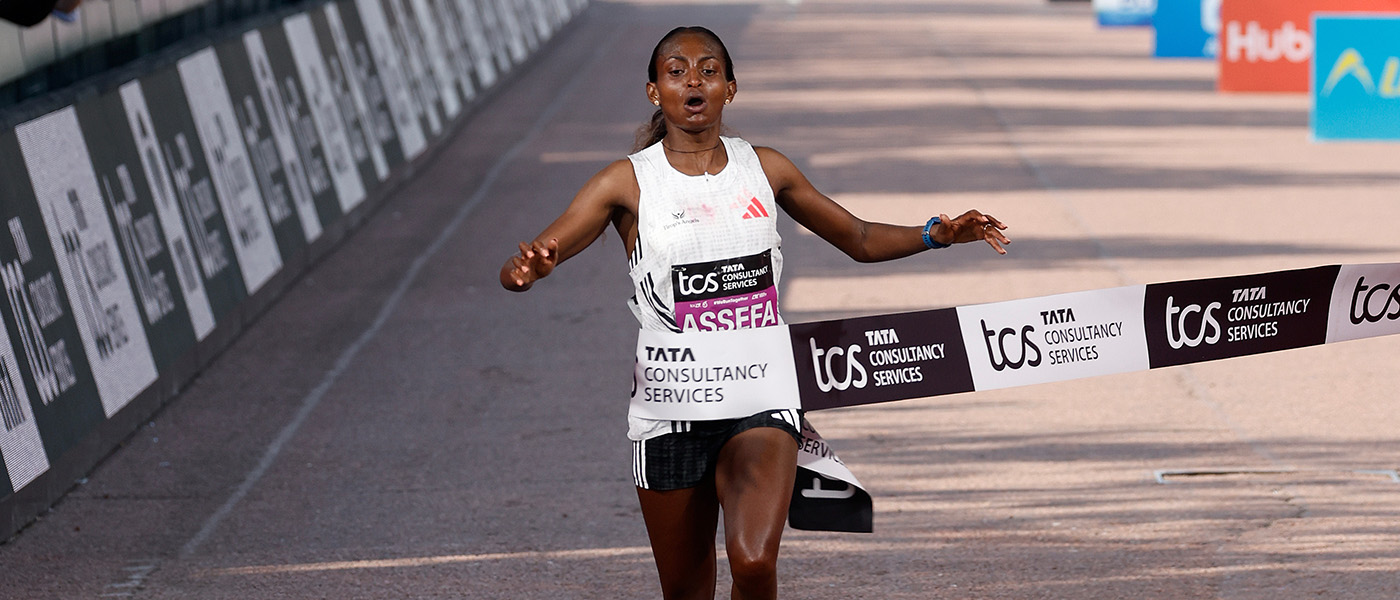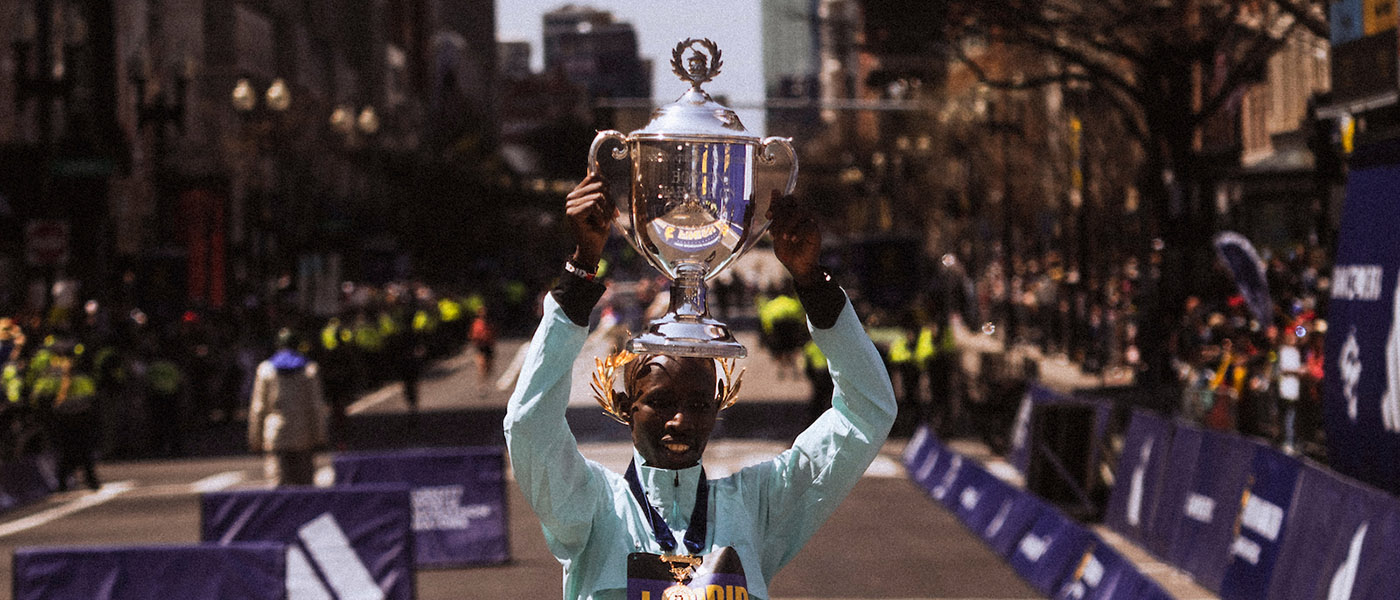
How to stay motivated and overcome the low moments while training for a marathon
Ask anyone who has put their heart and soul into training for a marathon, and they’ll tell you it can be a demanding and challenging endeavor. You need physical and mental stamina to follow a plan and ride the highs and lows that can come your way through the weeks and months of preparation. It's only natural for runners to experience slumps or periods of low motivation during their training journey.
However, with the right strategies and mindset, it is possible to overcome these dips and stay motivated. We’ve pulled together six things to remember when your training gets too much for you, and to prove that training blues can affect anyone, we’ve found quotes from a collection of experts and world class runners to show you we are all in this together!
1. Set Clear Goals
“I realize that winning doesn’t always mean getting first place; it means getting the best out of yourself.”
Meb Keflezighi, 2004 Olympic silver medalist in the marathon and 2009 New York City and 2014 Boston Marathon champion
Start by setting clear and realistic goals for your marathon training. Having specific objectives can give you a sense of purpose and direction, keeping you motivated throughout the process. Break down your training into smaller milestones and celebrate each achievement along the way. This will help you stay focused and give you a sense of progress.
2. Find Your Why
“You have to wonder at times what you’re doing out there. Over the years, I’ve given myself a thousand reasons to keep running, but it always comes back to where it started. It comes down to self-satisfaction and a sense of achievement.”
Steve Prefontaine, 1972 U.S. Olympian
Understand and connect with your personal reasons for participating in the marathon. Whether it's for personal growth, supporting a cause, or achieving a lifelong dream, having a strong "why" can serve as a powerful motivator during tough times. Remind yourself of your purpose regularly to reignite your motivation and stay committed.
3. Stay Consistent
“When a person trains once, nothing happens. When a person forces himself to do a thing a hundred or a thousand times, then he certainly has developed in more ways than physical. Is it raining? That doesn't matter. Am I tired? That doesn't matter either. Then willpower will be no problem.”
Emil Zatopek, Olympic Marathon Gold Medal Winner
Consistency is key when training for a marathon. Establish a regular training schedule and stick to it as much as possible. Consistency builds discipline and helps you develop a routine that becomes ingrained in your daily life. Even on days when you don't feel motivated, commit to completing at least a portion of your scheduled workout. Taking that first step is often the hardest part, and once you get going, your motivation will increase.
4. Practice Self-Care
“Running is my private time, my therapy, my religion.”
Gail W. Kislevitz, award-winning journalist and the author of Running Past Fifty.
Taking care of yourself physically and mentally is crucial for staying motivated and overcoming slumps. Make sure to prioritize rest and recovery in your training plan. Listen to your body and give yourself permission to take rest days when needed. Incorporate activities that help you relax and reduce stress, such as yoga, meditation, or spending time in nature. Taking care of your overall well-being will help you stay energized and focused throughout your marathon training.
5. Visualize Success
“If you train your mind for running, everything else will be easy.”
Amby Burfoot, winner of the 1968 Boston Marathon.
Visualization is a powerful tool that can boost motivation and improve performance. Take some time each day to visualize yourself crossing the marathon finish line, feeling strong, and achieving your goals. Imagine the sense of accomplishment and satisfaction you will experience. This mental imagery can help you overcome challenges and keep your motivation high.
6. Embrace the Process
“It was being a runner that mattered, not how fast or how far I could run. The joy was in the act of running and in the journey, not in the destination.”
John Bingham, author of No Need for Speed: A Beginner's Guide to the Joy of Running
Remember that marathon training is a journey, and it's not always smooth sailing. There will be ups and downs, setbacks, and challenges along the way. Embrace the process and learn from each experience, both positive and negative. Use setbacks as opportunities to grow and adjust your approach. Recognize that progress is not always linear, and trust in your training and dedication.
So there you have it. Staying motivated and overcoming slumps during marathon training is possible with the right strategies and mindset. If you find yourself struggling, remember you’re not the first person to go through these emotions, and you certainly won’t be the last. The destination is in sight, we know the journey will be a challenge, but you’re in good company.
Other news

Star trio set for London showdown




